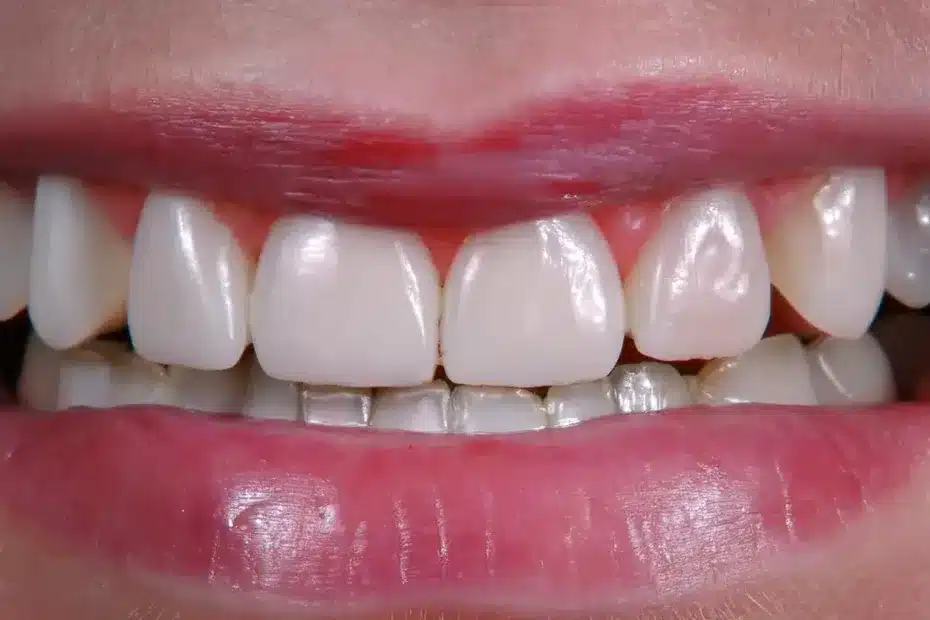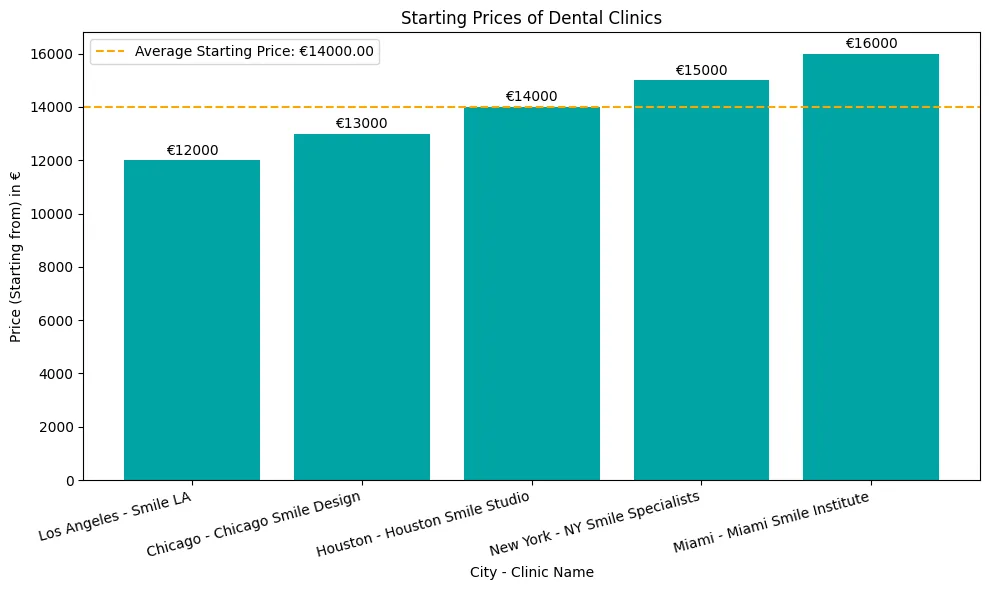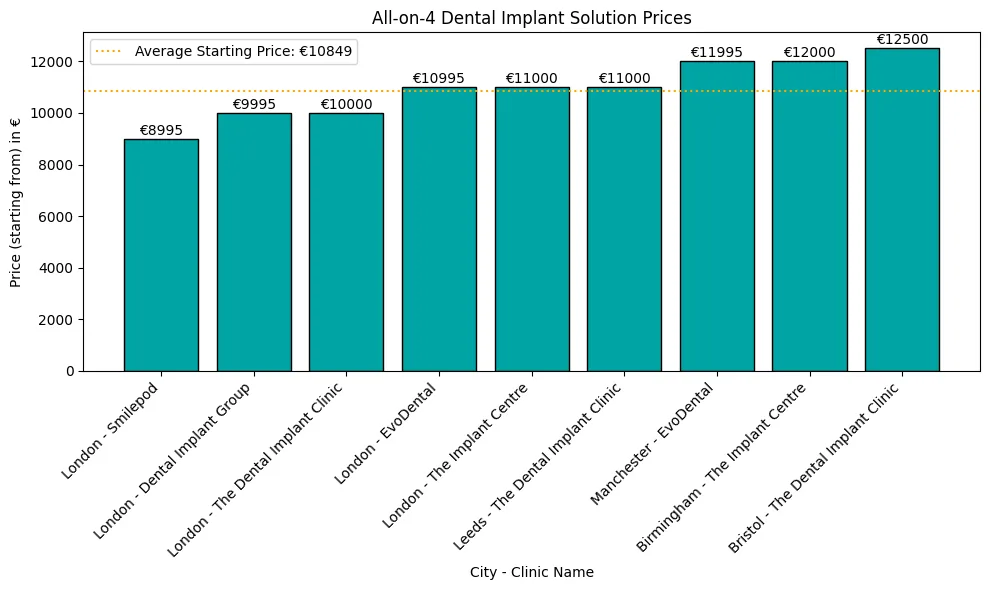Tout sur 4 avec une maladie des gencives : Si vous souffrez d'une maladie des gencives et que vous cherchez une solution permanente pour vos dents manquantes, vous vous demandez peut-être si All-on-4 est fait pour vous.
Puis-je obtenir All-on-4 si je souffre d'une maladie des gencives ?
Implants All-on-4 sont possibles pour les personnes souffrant d'une maladie des gencives, mais le traitement et le contrôle de l'affection sont d'abord essentiels. Une densité osseuse adéquate est également nécessaire, bien qu'une greffe osseuse soit souvent inutile. Une maladie des gencives non traitée augmente le risque d'échec des implants. En y remédiant, on s'assure d'une transformation stable et durable du sourire.
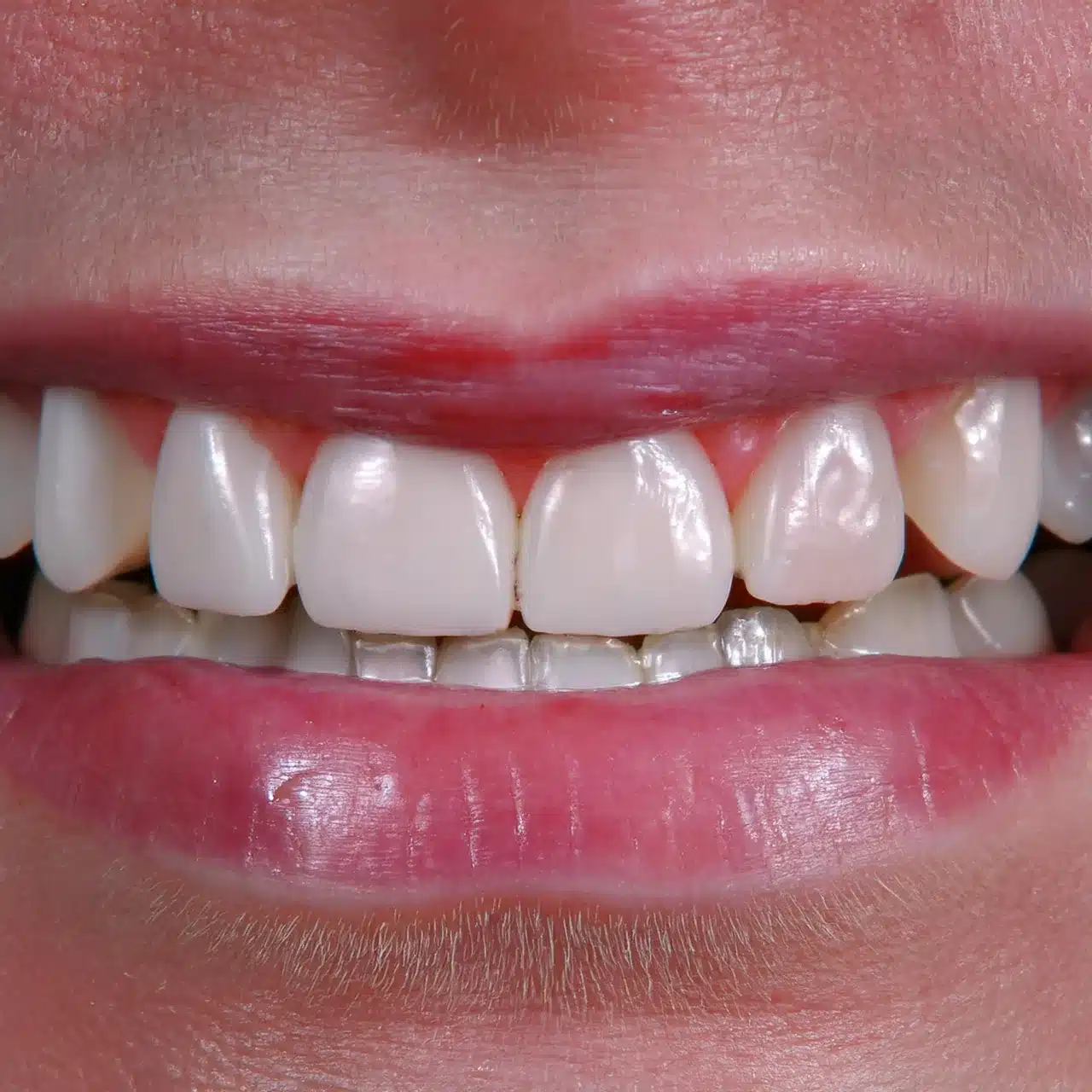
La maladie des gencives et ses effets sur les implants dentaires
Pour comprendre comment les maladies gingivales affectent les implants dentaires All-on-4, vous devez comprendre les types de maladies gingivales et comment elles affectent le succès des implants dentaires.
Types de maladies des gencives
Il existe plusieurs types de maladies des gencives : la gingivite et la parodontite.
La gingivite est une forme légère de maladie des gencives qui peut être traitée par une bonne hygiène bucco-dentaire et un nettoyage professionnel.
La parodontite est une forme plus grave de maladie des gencives qui peut entraîner une perte osseuse et une perte de dents si elle n'est pas traitée (2).
Comment les maladies des gencives affectent la réussite des implants dentaires
Les maladies des gencives peuvent affecter le succès des implants dentaires.
Une maladie des gencives non traitée peut entraîner une perte osseuse, ce qui peut affecter la stabilité et la longévité des implants.
Une étude globale sur l'épidémiologie des caries dentaires et des parodontites sévères souligne la nécessité de traiter les maladies gingivales avant la pose d'implants dentaires (1).
| Type de maladie gingivale | Description | Impact sur les implants dentaires |
|---|---|---|
| Gingivite | Forme légère de maladie des gencives | Peut être traité avant la pose de l'implant |
| Parodontite | Forme sévère de maladie des gencives | Peut entraîner une perte osseuse, affectant la stabilité de l'implant |
Traitement de la maladie des gencives avant All-on-4
Pour garantir le succès des implants dentaires All-on-4, vous devez traiter et contrôler les maladies des gencives avant l'intervention. Voici les options possibles :
Traitement non chirurgical des maladies des gencives
Le traitement non chirurgical des maladies des gencives consiste en un nettoyage et un détartrage professionnels, qui permettent d'éliminer la plaque et le tartre des dents et des gencives.
Une étude globale sur l'épidémiologie des caries dentaires et des parodontites sévères souligne la nécessité de traiter les maladies des gencives de manière non chirurgicale avant toute intervention chirurgicale (3).
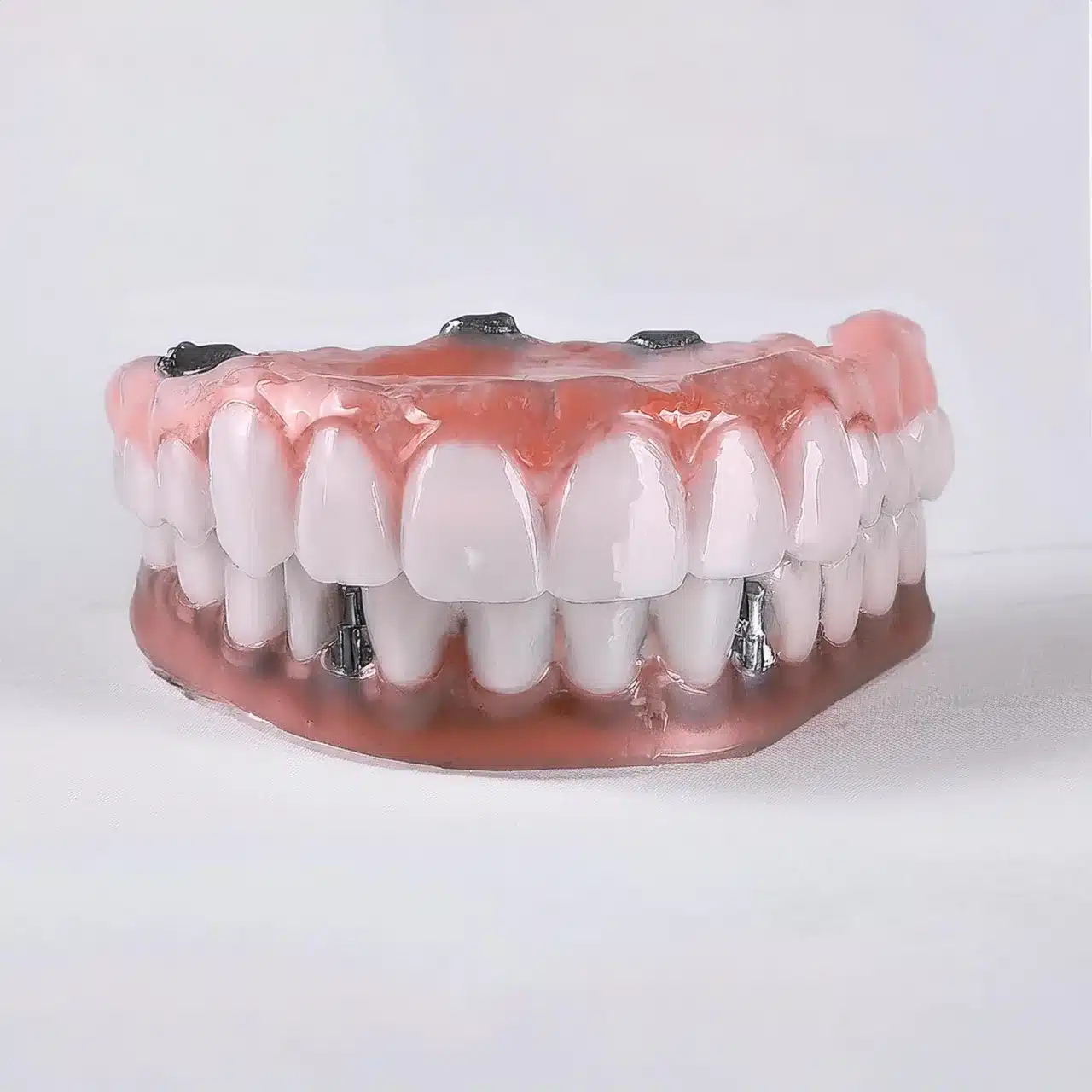
Traitement chirurgical des maladies des gencives
Le traitement chirurgical des maladies des gencives est nécessaire dans les cas les plus graves.
Il peut s'agir d'une greffe de gencive ou d'une greffe osseuse pour réparer les tissus endommagés et restaurer la structure osseuse.
Une étude sur la croissance cranio-faciale et les implants dentaires en bouche complète souligne la nécessité de remédier à la perte osseuse et aux maladies des gencives par une intervention chirurgicale lorsque cela est nécessaire (4).
Le "tout sur le 4" avec la maladie des gencives
Si vous souffrez d'une maladie des gencives et que vous envisagez de vous faire poser des implants dentaires All-on-4, vous devez tenir compte de certains aspects particuliers.
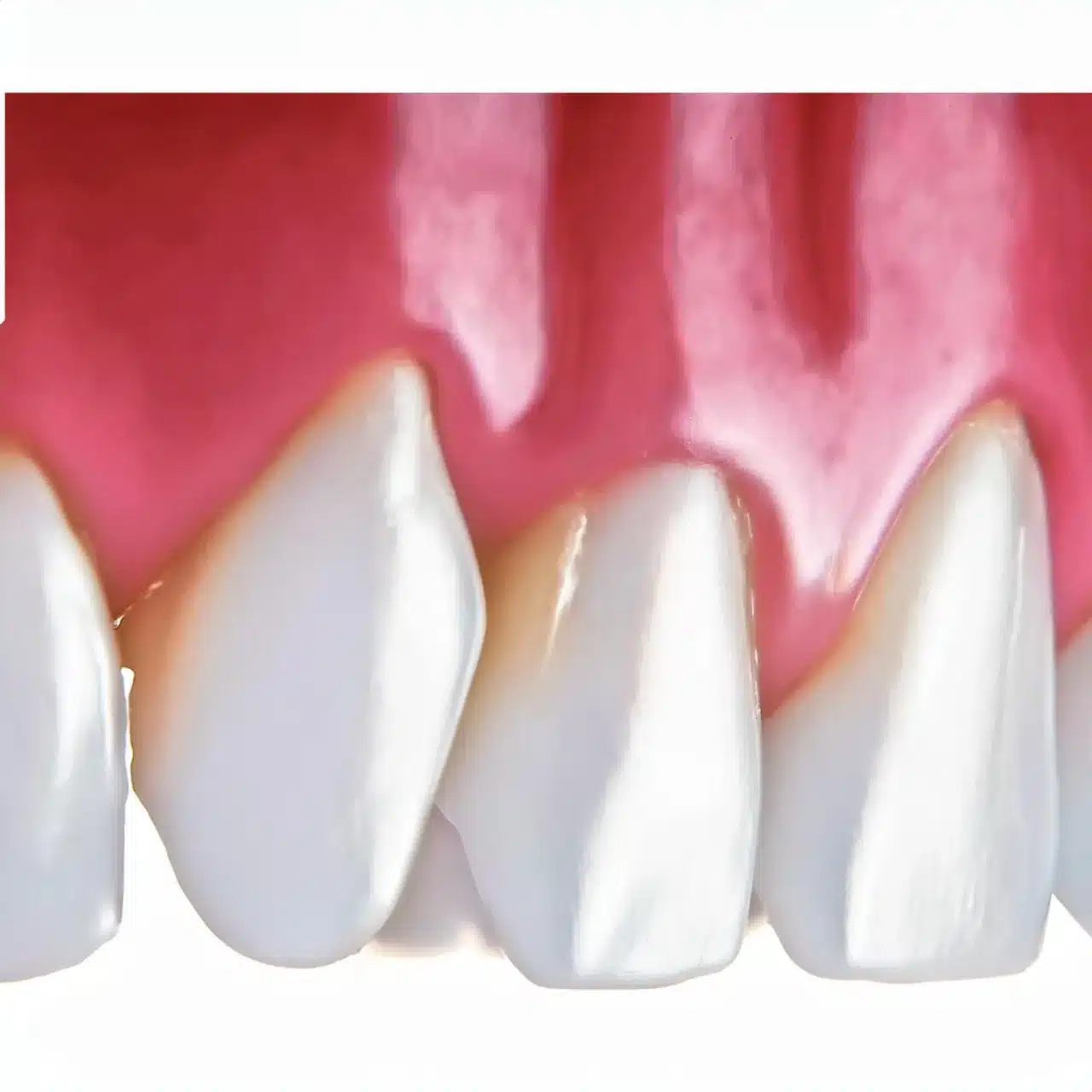
Perte osseuse et maladie des gencives
La perte osseuse est un problème majeur pour les personnes souffrant d'une maladie des gencives.
Une maladie des gencives non traitée peut entraîner une perte osseuse, ce qui peut affecter la stabilité et la longévité des implants.
Une étude sur la croissance cranio-faciale et les implants dentaires souligne la nécessité de remédier à la perte osseuse et aux maladies des gencives par une intervention chirurgicale lorsque cela est nécessaire (3).
Risque d'infection lié aux maladies des gencives
Les maladies des gencives peuvent augmenter le risque d'infection pendant et après la procédure All-on-4.
Le traitement des maladies des gencives est essentiel pour prévenir les complications et assurer le succès des implants.
Une étude mondiale sur l'épidémiologie des caries dentaires et des parodontites sévères souligne la nécessité de traiter les maladies des gencives pour prévenir les infections (2).
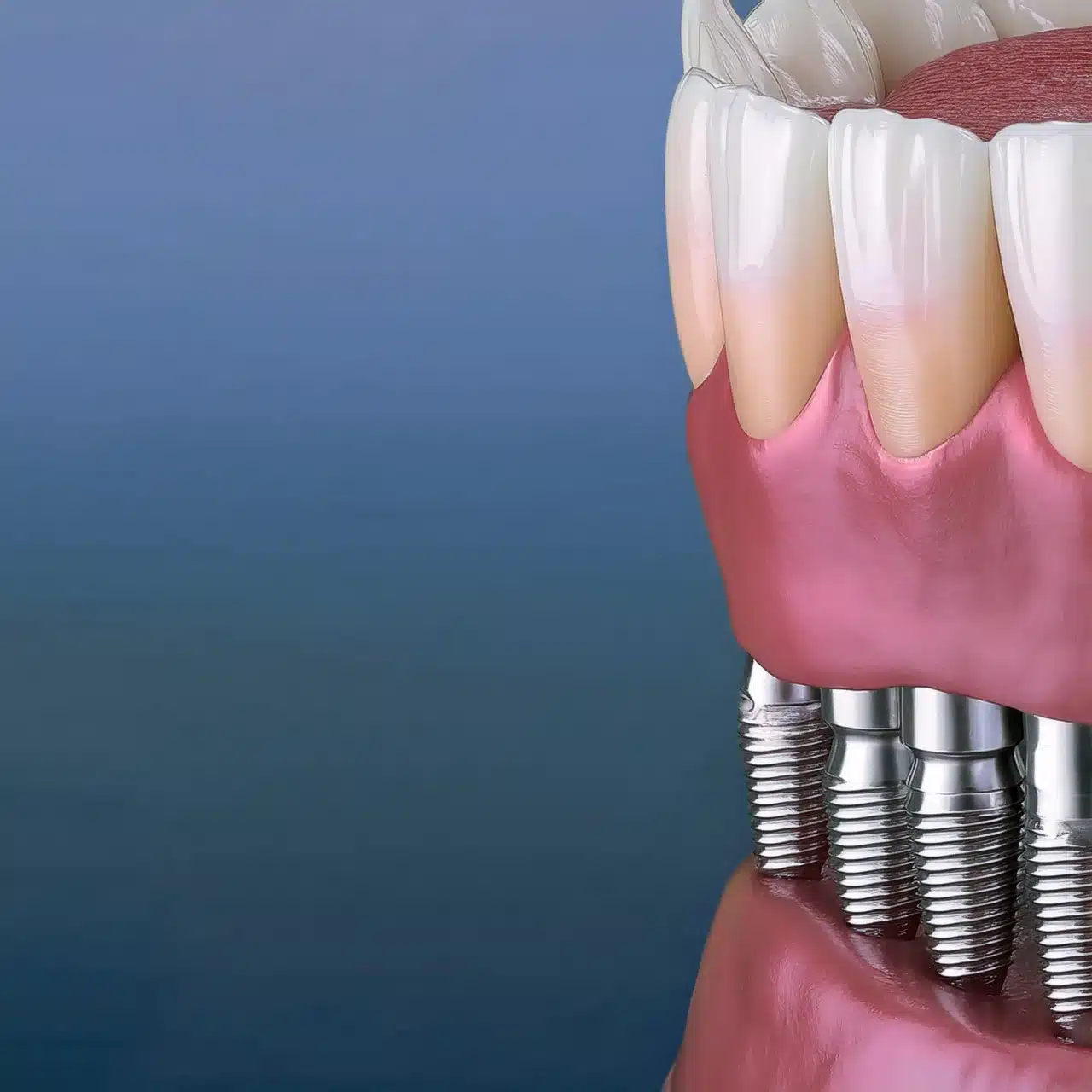
Conclusion et enseignements clés
Principaux enseignements :
L'éligibilité : Les implants dentaires All-on-4 peuvent être posés en cas de maladie des gencives, mais l'affection doit être traitée et contrôlée avant l'intervention.
Traitement des maladies des gencives : Le traitement des maladies des gencives est essentiel pour prévenir les complications et assurer le succès des implants.
Densité osseuse : Une structure osseuse adéquate est nécessaire, bien que le système All-on-4 élimine souvent la nécessité d'une greffe osseuse.
Risque accru : Une maladie des gencives non traitée peut augmenter le risque d'échec de l'implant et d'autres complications.
Conclusion :
Les implants dentaires All-on-4 sont une solution stable et à long terme pour une transformation permanente du sourire, mais vous devez d'abord traiter la maladie des gencives pour garantir le succès.
En comprenant comment les maladies gingivales affectent les implants dentaires et en les traitant, vous augmentez les chances de réussite.
FAQ
Références
- Monje, A., Catena, A., & Borgnakke, W. S. Association entre le diabète sucré/hyperglycémie et les maladies péri-implantaires : Systematic review and meta-analysis. J Clin Periodontol. 2014;41(6):627-638.
- Frencken, J. E., Sharma, P., Stenhouse, L., Green, D., Laverty, D., & Dietrich, T. Global epidemiology of dental caries and severe periodontitis - A comprehensive review. J Clin Periodontol. 2017;44(Suppl 18):S94-S105.
Article : Épidémiologie mondiale des caries dentaires et des parodontites sévères - Une étude approfondie
- Hu, K. S., & Tiwana, P. S. Croissance craniofaciale et implants dentaires. Oral Maxillofac Surg Clin North Am. 2011;23(1):89-98, vii.
Article : Croissance cranio-faciale et implants dentaires
- Balshi, T. J., & Wolfinger, G. J. Immediate loading of Brånemark implants in edentulous mandibles : A preliminary report. Implant Dent. 1997;6(2):83-88.
Article : Mise en charge immédiate d'implants Brånemark dans des mandibules édentées : Un rapport préliminaire

